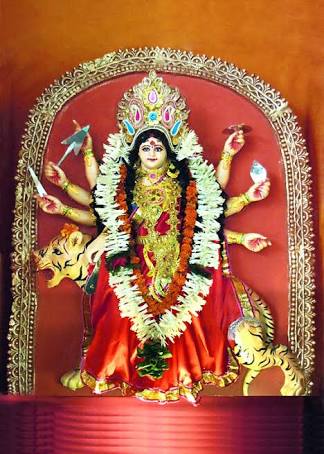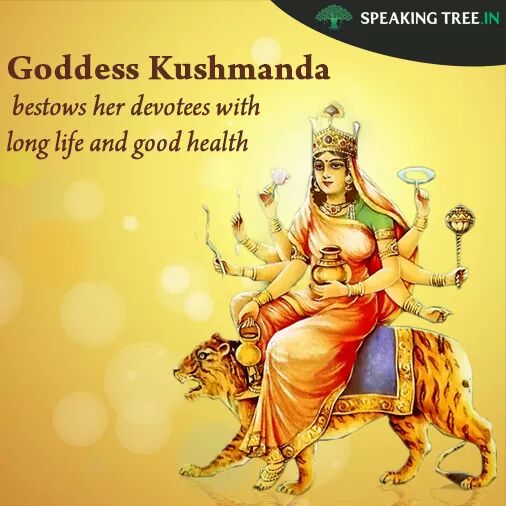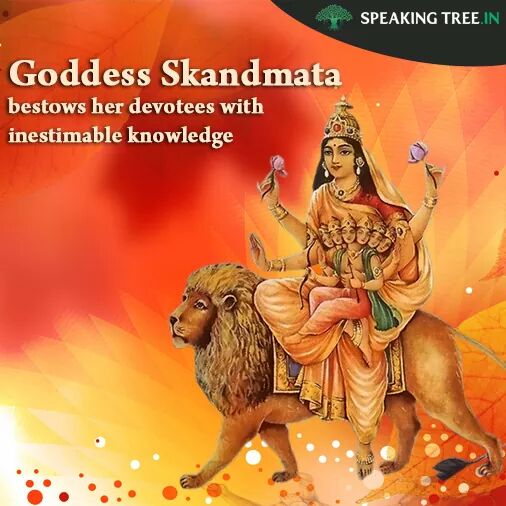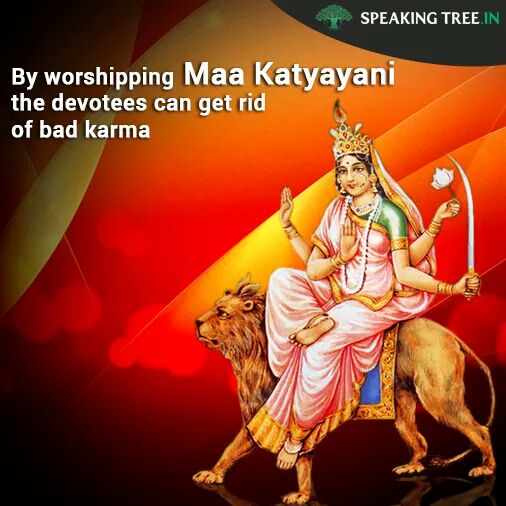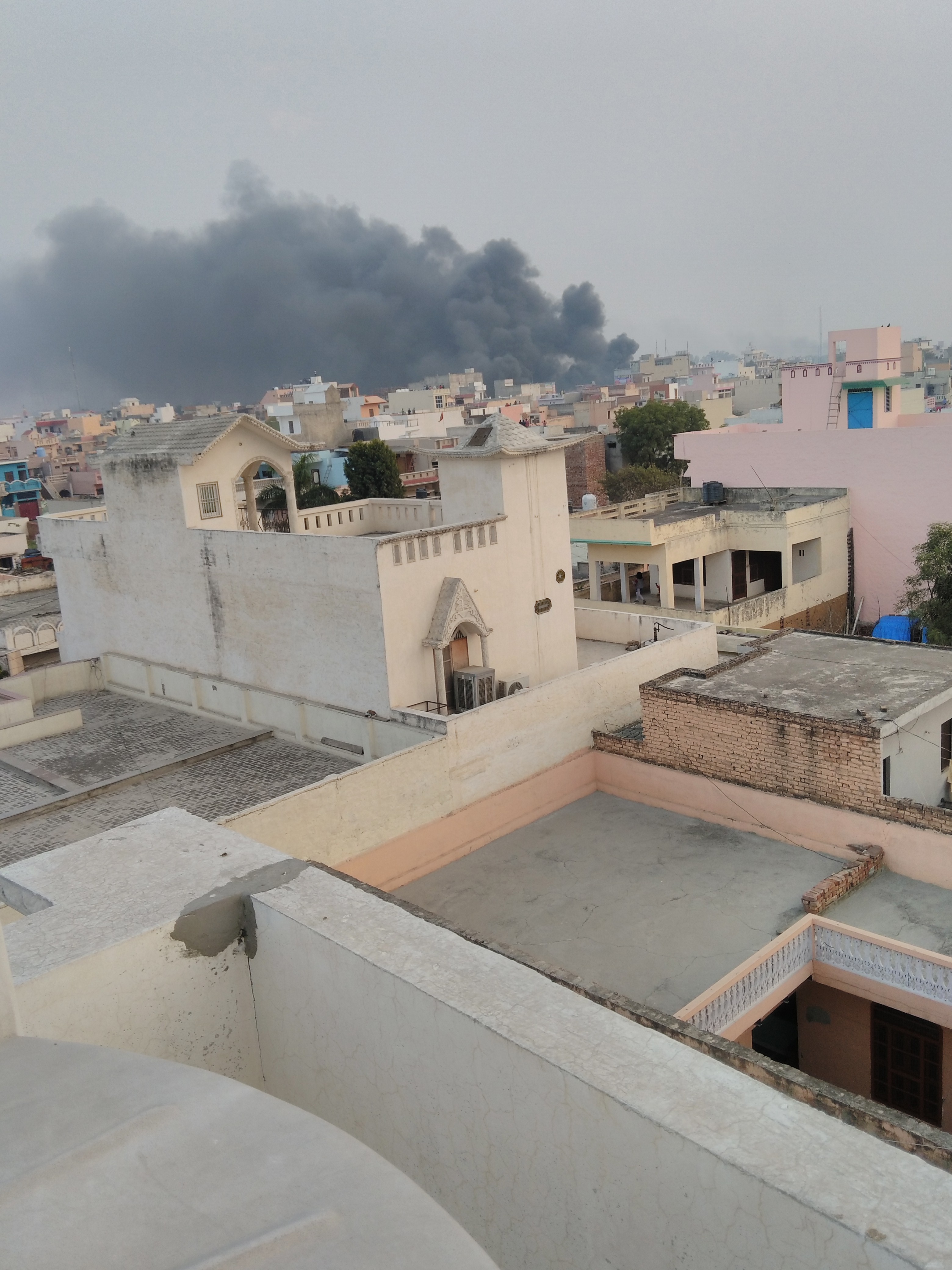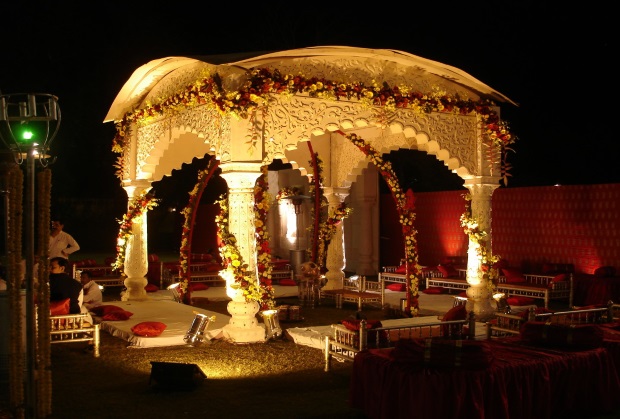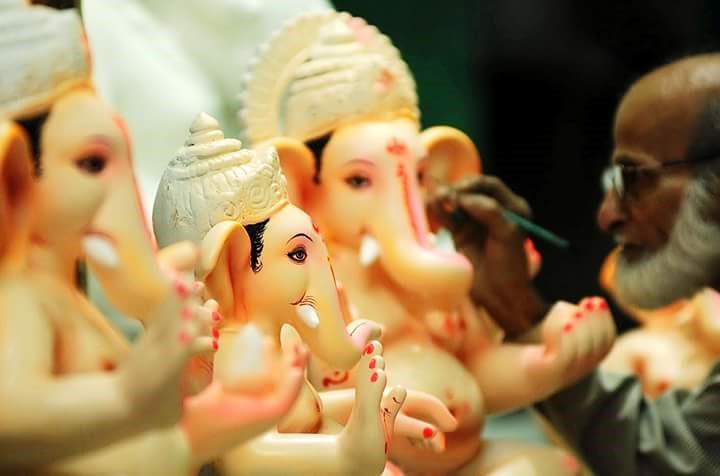Nine Forms of the Goddess Durga

The festival has begun with the grandeur all over India. Goddess Durga has entered the homes and the pandals all over the nation. Navaratri (nine nights) – it is a festival which the nation awaits for the whole year.
It is a festival which is celebrates the nine forms of the Goddess Durga. It is a celebration of the nine day fight between Lord Rama and the powerful Ravana. The goddess is worshipped in her nine forms all over the nation. It is a celebration which Kolkata celebrates in form of Durga Puja and at the same time Gujarat celebrates Navaratri with Dandiya night.
Shailaputri Devi
The first form of the goddess worshipped in the form of Maa Shailaputri. The word Shailaputri is the union of two Sanskrit words “Shaila” means mountain and “Putri” means daughter. The goddess worshipped is “Daughter of the mountains”, here the mountains is the mighty Himalayas where the goddess Parvati resides. She is also referred as Hemavati, the daughter of the King Hemavana- the king of the Himalayas. She has embodied the powers of Lord Brahma, Vishnu and Shiva.
Bramhacharini Devi
The second form of Goddess Durga, worshipped on the second day of the festival. The goddess is the divine figure of austerity. She enlightens her devotees, embodies the power of Durga and grace. She endows happiness, peace, prosperity and grace to the devotees. She is the goddess whose worship leads her devotees to the path of emancipation – Moksha.
Chandraghanta Devi
The third form of the Goddess worshipped on the third day of the nine day festival. The word Chadraghanta has been deciphered from the two Sanskrit words, “Chandra” means half-moon and “Ghanta” means bell. The goddess has half-moon on her forehead in the shape of the bell. She rides the mighty lion, holds weapons in her ten hands and blesses the world with her three eyes. She is the epitome of bravery and fights the demons to bring peace and prosperity in the lives of her devotees.
Kushmanda Devi
The fourth form of the goddess is worshipped in the form of Kushmanda Devi. The meaning of the word Kushmanda, “Ku” means little, “Ushma” means warmth and “anda” means the cosmic egg. She is the creator of the universe. The goddess fills the universe with brightness and eradicates the darkness prevailing in the universe. The goddess protects the universe by spreading her divine brightness throughout, helping her devotees to overcome the darkness in their lives.
Skanda Mata Devi
The fifth form of the goddess is worshipped in the form of Skanda mata. She is the mother of Lord Kartikeya, who is worshipped on the fifth day of Navaratri. She is the protector of the universe, who fought battles with the demons accompanied by Lord Skanda or Kartikeya in the infant form.
Katyayani Devi
Katyayani, the avatar of goddess Durga, born to the great sage called Kata is worshipped on the sixth day of the festival. The sage wished to have a daughter and prayed to the goddess. His prayers were answered in the form of the goddess herself.
Kalaratri Devi
The goddess is another form of Goddess Kali. The goddess worshipped on the seventh day of Navaratri. She has dark complexion as goddess Kali. She is the fearless and brave form of the goddess. She has fought with the demons with bravery.
Maha Gauri Devi
The eighth form of the goddess is worshipped on the eighth day of Navaratri. With the deep long austerities in the forests of Himalayas, the skin colour of the goddess transformed from white to black. Later, Lord Shiva cleaned her with the water of the Ganges. Her body regained the beauty and colour. Since, then she was known as Maha Gauri, which means extremely white and pure. The goddess is the figure of intelligence, peace and calmness.
Siddhidhatri Devi
The goddess worshipped on the ninth day and last day of Navaratri. As the name depicts “Siddhi” means supernatural power or meditative ability and “Dhatri” means giver or awarder. The goddess Siddhidhatri has the supernatural power of healing. The goddess grants the wishes of her devotees and blesses all the gods, saints and yogis.
This Navaratri don’t just worship the Goddess for the nine days. Promise to worship the goddess walking home at night in the empty bus along with you. This day promise to respect the goddess shaking a leg with you in the party. This day take a vow to protect the goddess being assaulted by your relatives. This day pledge to guard the honour of the goddess, the woman walking around. This Navaratri pledge to respect and protect the dignity of the woman, the goddess in her. Don’t be a demon assaulting the goddess.
Wishing you a Happy Navaratri.

